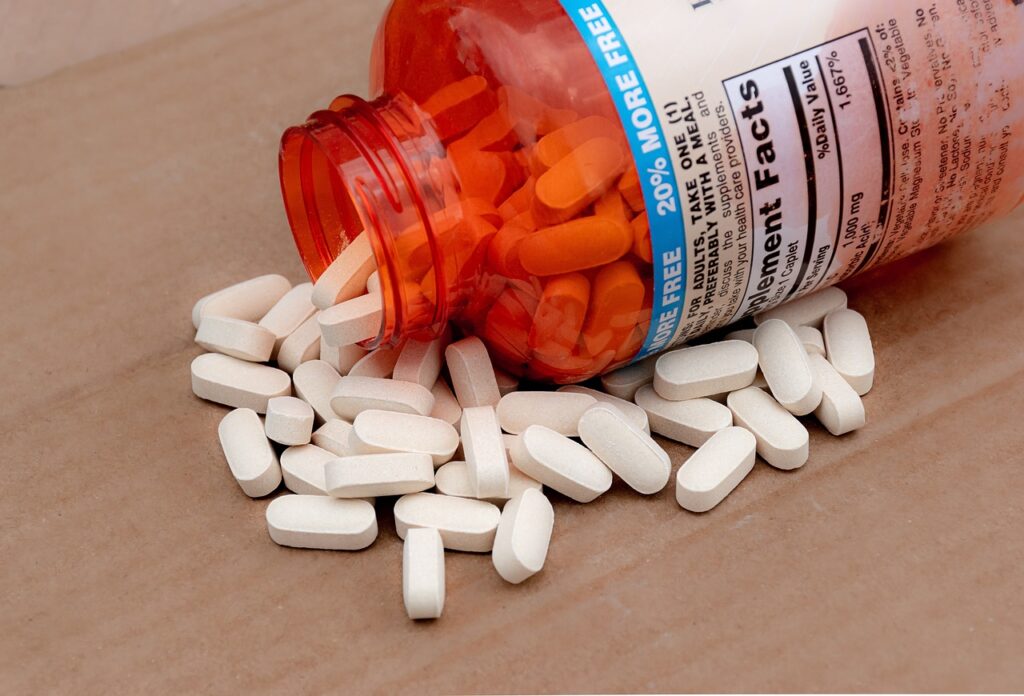
Food supplements have become increasingly popular in recent years, with people turning to them as a way to boost their overall health and well-being. Whether it’s to address specific nutritional deficiencies, support immune function, or enhance athletic performance, there’s a supplement out there for just about everyone. But what do you need to know about packing and shipping these products, and what regulations govern their transport? In this article, we’ll explore the most popular food supplements, the best ways to pack and ship them, and the rules you need to follow to ensure your packages arrive safely and legally.
Most Popular Food Supplements
There are countless food supplements on the market, but a few have risen to the top as the most popular. These include:
- Multivitamins: These supplements provide a broad range of vitamins and minerals to support overall health and well-being.
- Omega-3 Fatty Acids: Found in fish oil supplements, omega-3s have been shown to support heart health, brain function, and joint health.
- Probiotics: These supplements contain beneficial bacteria that support gut health and immunity.
- Protein Powder: Used by athletes and fitness enthusiasts to support muscle growth and recovery, protein powder can be made from a variety of sources including whey, soy, and pea.
- Vitamin D: This nutrient is essential for bone health and immune function, and many people don’t get enough through their diet alone.
These are just a few examples of the many food supplements available. When choosing a supplement, it’s important to do your research and consult with a healthcare professional to ensure it’s safe and appropriate for your needs.
Packing and Shipping Food Supplements
When it comes to packing and shipping food supplements, there are a few key things to keep in mind to ensure the products arrive safely and intact.
- Use Appropriate Packaging: Food supplements should be packed in sturdy, well-sealed containers that won’t break or leak during transport. Depending on the type of supplement, you may also want to use protective packaging such as bubble wrap or foam peanuts to prevent damage.
- Label Your Packages: Clearly label your packages with the contents and any relevant warnings or handling instructions. This will help ensure that the packages are handled properly during transit.
- Choose a Reliable Courier: Choose a courier with experience shipping food supplements and a proven track record of delivering packages on time and in good condition.
Regulations for Shipping Food Supplements
When shipping food supplements, there are several regulations you need to follow to ensure that your packages comply with the law.
- Domestic Regulations: In the United States, food supplements are regulated by the Food and Drug Administration (FDA). The FDA requires that all supplements be labeled accurately and that they contain only safe and approved ingredients. It’s also important to ensure that any health claims made about a supplement are backed by scientific evidence.
- International Regulations: If you’re shipping food supplements internationally, you’ll need to be aware of the regulations in the destination country. Some countries may prohibit certain supplements or require additional documentation or labeling.
- Shipping Restrictions: Finally, it’s important to be aware of any shipping restrictions that may apply to food supplements. For example, some couriers may not allow certain types of supplements to be shipped or may require special handling procedures.
Couriers that Ship Food Supplements
When it comes to shipping food supplements, there are a few couriers that specialize in this area and offer competitive rates.
- FedEx offers a range of shipping options for food supplements, including express and ground shipping. Rates vary depending on the size and weight of the package, as well as the destination.
- UPS also offers a variety of shipping options for food supplements, including air and ground shipping. Rates are based on factors such as package size and weight, distance, and shipping speed.
- DHL is another courier that ships food supplements both domestically and internationally. They offer a variety of shipping options, including express and economy shipping. Rates vary depending on the destination and package size.
When choosing a courier, it’s important to consider factors such as shipping speed, reliability, and cost. You may also want to read reviews or ask for recommendations from others who have shipped food supplements before.
In addition to choosing a reliable courier, it’s also important to consider insurance options. Many couriers offer insurance for lost or damaged packages, which can provide peace of mind when shipping valuable supplements.
Food supplements can be a great way to support your health and well-being, but it’s important to ensure that they’re packed and shipped safely and legally. By choosing the right packaging, labeling your packages correctly, and selecting a reliable courier, you can help ensure that your supplements arrive in good condition. And by following the relevant regulations for domestic and international shipping, you can avoid any legal issues or delays. With the right preparation and attention to detail, shipping food supplements can be a smooth and stress-free process.
